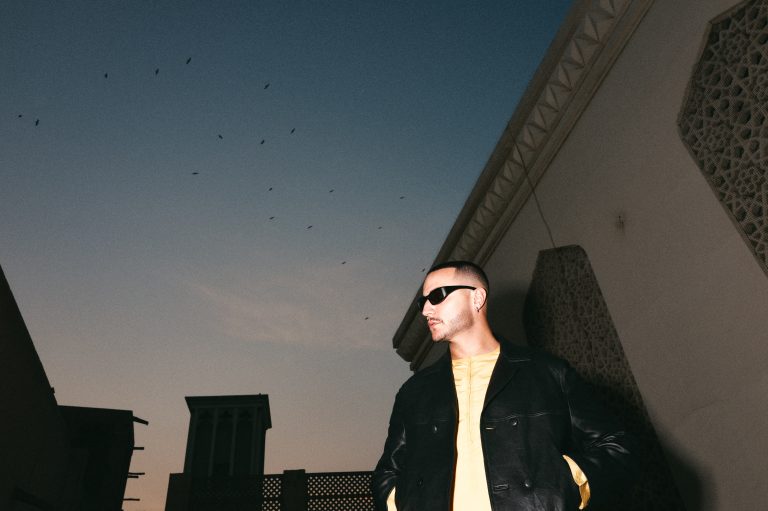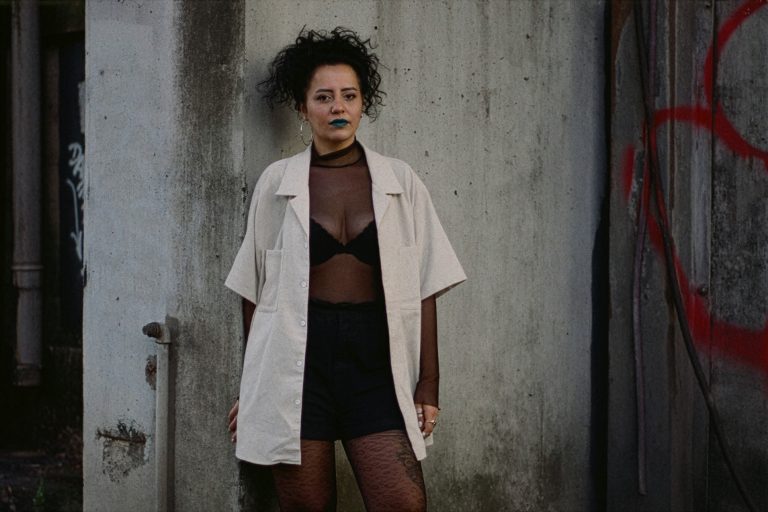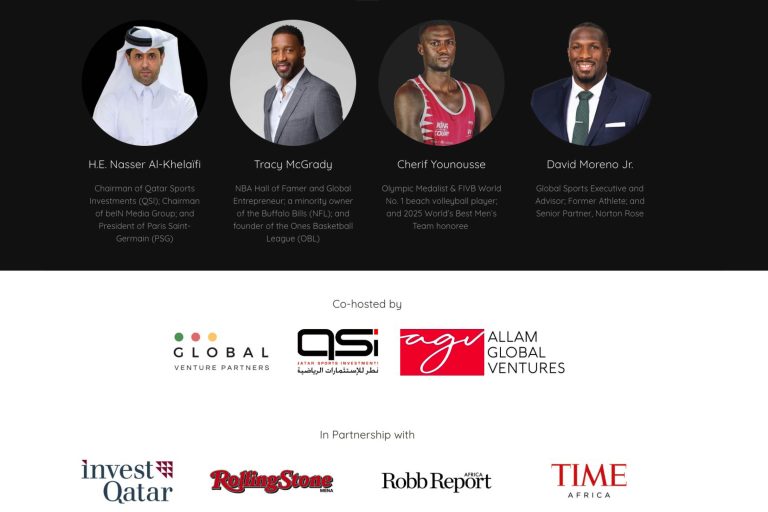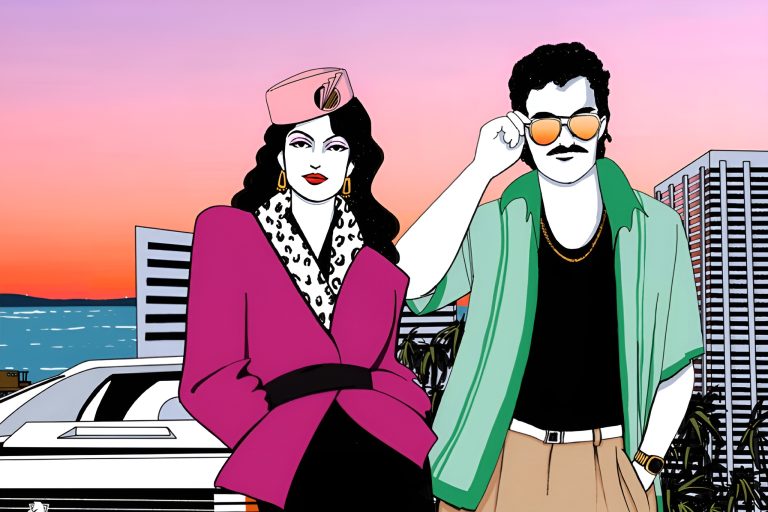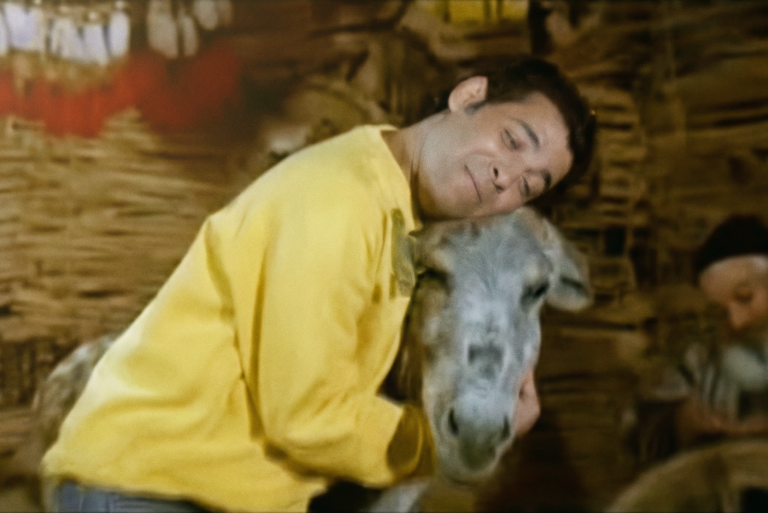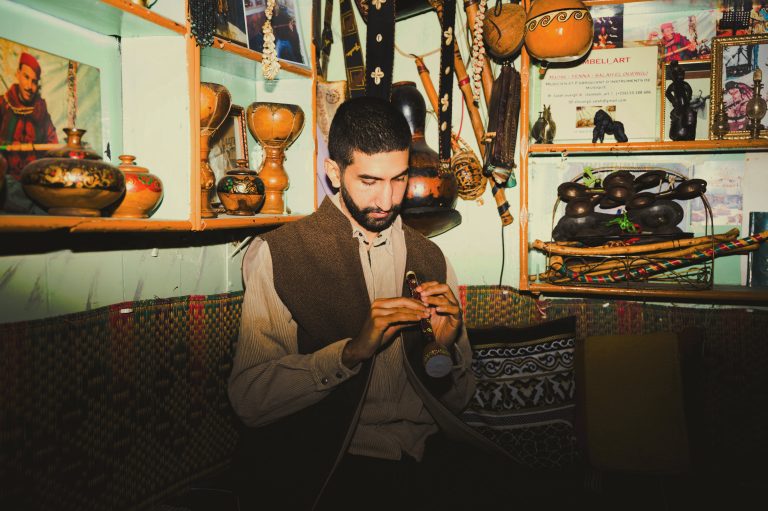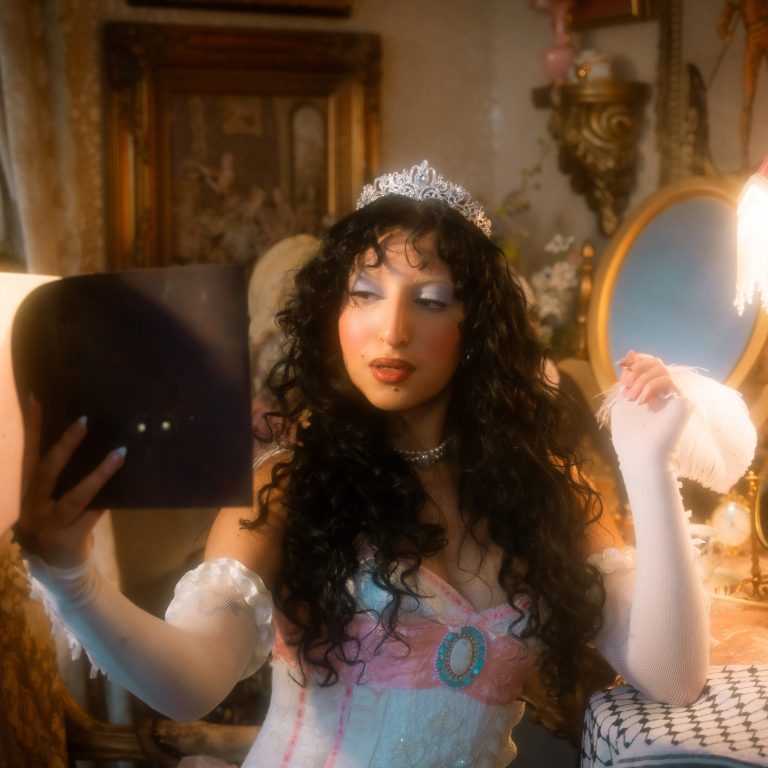
If you came of age on 2000s R&B, when Akon and T-Pain’s syrupy hooks were stamped on every rap hit like a parental advisory sticker – following Wegz’s career might have triggered a déjà vu or two. He’s built a lane on the same blurred lines between rapping and crooning, indulged in autotune, and toggled between goofy charm and wide-eyed sentimentality.
On his long-awaited debut full-length, Aqareb, Wegz conjures another flashback: the moment late-2000s R&B went electro, swept up in the same neon tide that carried Ke$ha and Lady Gaga.
The album doesn’t abandon the style of singing that launched Wegz to regional success, but it does branch out. He’s constantly switching gear between breezy balladeer on “Ezay Tfotny”, sing-song rapper on “De”, straight trap bruiser on “Khesert El Sha3b”, and a dip into turn-of-the-millennium lighthearted Egyptian pop on “Bad Days”.
Wegz first collaborated with UK-based, Romanian producer Tudor Monroe on “Ezz Al Arab,” the stadium anthem for the 2022 FIFA World Cup in Qatar. The amapiano-leaning track, co-produced with Egypt’s Kareem Lotfy, was a new step for Wegz at the time, a venture into the burgeoning Afropop and Afrohouse scene that he seemed to enjoy enough to let it influence his later releases, and model much of his debut album on. Monroe’s name appears on nine of the album’s twelve tracks, either solo or alongside Egyptian counterparts.
While striking on their own, Monroe’s beats sometimes struggle to bend around Wegz’s elastic, mercurial vocals. His most exhilarating performances are the ones where his voice darts across registers and moods, demanding equally kinetic, maximalist production to keep up. Monroe succeeds in widening Wegz’s sonic map toward more pan-African and global textures – but in the process, he sands down the raw, street-level grit that first powered Wegz’s ascent. The result is polished, but at times too clean, too cautious.
“Afterparty” is the clearest example of this uneasy collaboration. The production flexes an impressive dynamic range, yet somehow misses the subtler inflections in Wegz’s delivery, slamming the door on the eastern percussive flourishes and melodic quirks that define his most memorable work. The beat ends up with the glossy neutrality of a YouTube “type beat” – technically tight but devoid of character. Wegz’s tried-and-tired boastful verses “I skipped the party and raised a wave / defeated my enemies and filled my pockets” fail to elevate the track.
Still, Wegz sounds most at home on the Monroe-produced hit single “Girlfriend,” a lush duet with French R&B crooner Tayc, that extends a line of continuity between R&B variations across the Mediterranean. Here, Wegz leans all the way into tenderness, delivering honeyed vocals and melodramatic lyrics: “May I be tormented and deserve it, if by any chance I upset you.” The track embodies the same vulnerability that made his early autumn anthem Saleny so captivating.
The album delivers some of its best moments when Wegz turns to Egyptian producers ZULI and Hussein Gamal. ZULI, a fixture of Cairo’s electronic scene and a longtime ally of Wegz’s manager Asem Tag, injects “Bad Days” with a pulsing rhythm and vivid production that animates Wegz’s devil-may-care swagger. In turn, Gamal delivers one of Wegz’s sharpest vocally-produced offerings to date on “Ezay Tfotny,” layering his voice with just enough texture in the verses, before veiling it in warm autotune on a chorus where Wegz swerves into a melodic shift with disarming precision.
Wegz’s collaborator game is another of Aqareb’s winning bets. “De” opens with Algerian rap veteran Savage Plug, whose brooding, dusk-toned verse sets the stage like an early winter sunset, giving Wegz the shadows he needs to unspool one of the album’s most contemplative performances, capped with the quasi-chorus confession: “I had an existential trip, but I never was an opportunist.”
“Ghareeba” pairs Wegz with Egyptian rap firebrand Ziad Zaza – one of the scene’s most prolific and polarizing voices – for another immediate standout. Producer Hussein Gamal once again proves indispensable, wrapping the track in ghostly, distant vocal production that shaped it into a sly, comedown track perfect for closing DJ sets.
When R&B went electro in the late 2000s, the genre more or less short-circuited. Stack too many hybrids on top of each other and eventually the whole thing folds in on itself. Aqareb flirts with the same danger: it’s too sing-songy for rap hardliners, too glossy for Egyptian R&B heads, and too restrained to pass as an electro-pop banger. More than once, the record stumbles under the weight of its own ambition.
But that ambition is exactly what makes it matter. Aqareb isn’t a safe record, it’s a restless one – the sound of Wegz swerving between lanes just to see how fast the car can go. He stretches, experiments, sometimes crashes, but never stops moving. There’s a thrill in hearing an artist refuse to play it safe, even when the results wobble.


